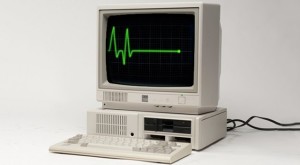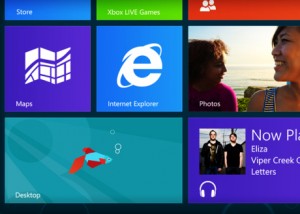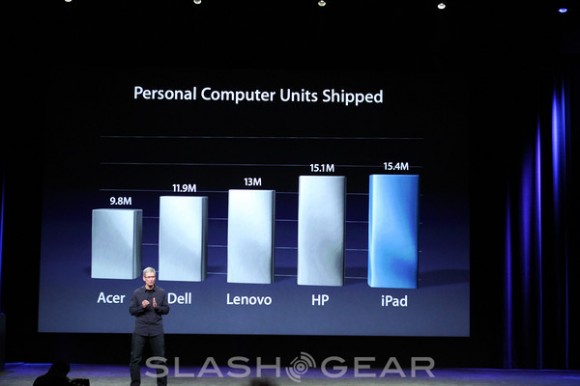For most, the announcement a few weeks ago of a historic strategic partnership between Apple and IBM was probably a curious aside to their daily lives. If an average person heard about the announcement at all, they probably thought that it was an interesting bit of news, but nothing worth really paying attention to. Other than those who find the Apple-IBM partnership a strange combination of companies given their history, I doubt many people gave it a second thought. While this new turn of events truly does not directly affect either the consumer or small business markets at this time, the announcement is worth taking a look at to understand the big picture.

The strategic partnership between Apple and IBM will likely solidify Apple’s position in the large enterprise market. Whereas Apple is dominating the consumer market, IBM is still probably the most respected name in corporate technology. For IBM to “bless” Apple is a big deal. While Apple has been pushing its way into large corporations through the choices of employees as consumers, to partner with IBM will only acceleate a somewhat begrudging acceptance by IT directors and their staffs. However, this is really of no direct importance to small businesses or consumers. So why does this announcement matter to the rest of us?
Truly it is a sign of the times. Fifteen years ago Apple was hardly a blip on the radar in the technology market. Now, Apple has so thoroughly dominated the consumer and small business markets that even IBM wants to partner with them in the enterprise space. For Apple to become an “accepted” vendor in the large corporate market only means that Apple’s position as a major player in the technology market will be entrenched for the long term. And it may finally push them into markets that have been historically very slow to adopt new technology such as financial and healthcare. But perhaps more importantly, this means that others in the technology market may be significantly impacted by this announcement.
For one, this may squash any of the tiny advancements that the Android platform was making into the corporate space. With the fragmentation of the Android platform, corporations were already squeamish about supporting Android. Samsung was the only company that truly has any unified marketshare and they are not a big name in corporate IT. Now IT departments can lean on the trust that executives have in the IBM name to support Apple iPhones and iPads.
The bigger impact, however, may be on Microsoft. Given that Microsoft’s mobile platform has virtually no presence in the consumer market and their small business influence is quickly fading each day, the large enterprise market is their stronghold. If IBM’s influence can push Apple into companies that would have otherwise looked at Microsoft, this could be a significant blow to Microsoft. Where Android isn’t really a significant money-maker for Google, any hit that Microsoft takes in the enterprise market could mean big drops in revenue.
The bottom line is that Apple is in an extremely strong position now. If anyone had any perceptions left over from the 1990’s of Apple being a second-class citizen in the technology market, it is now time to wipe those thoughts clean. Similarly, perceptions of Microsoft being the dominant name in technology should be strongly reconsidered. While Microsoft is still making a lot of money today, the rapid pace of technology change has left them very vulnerable.




